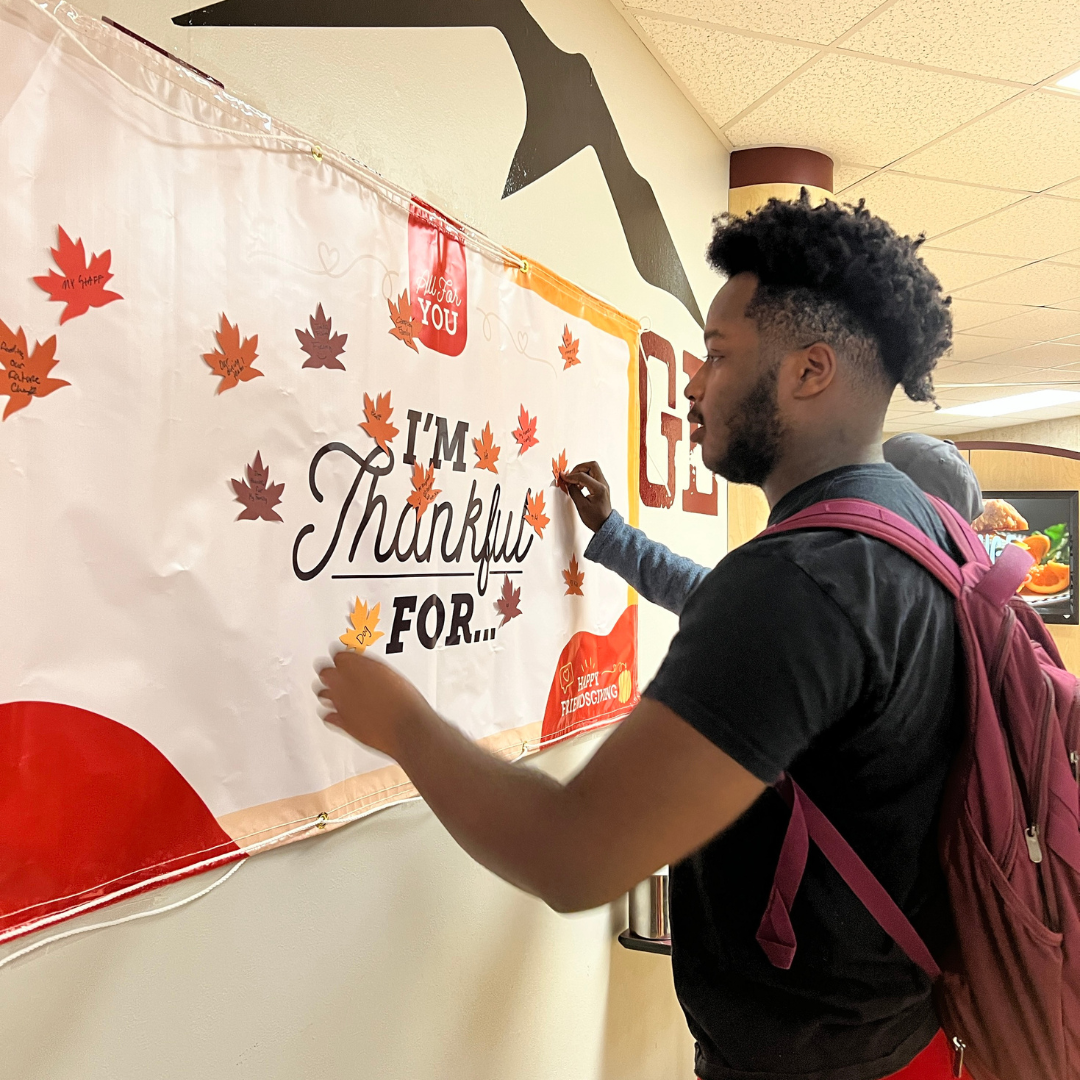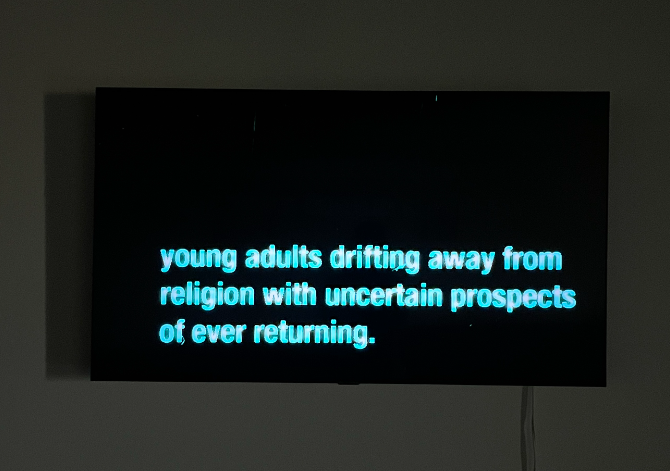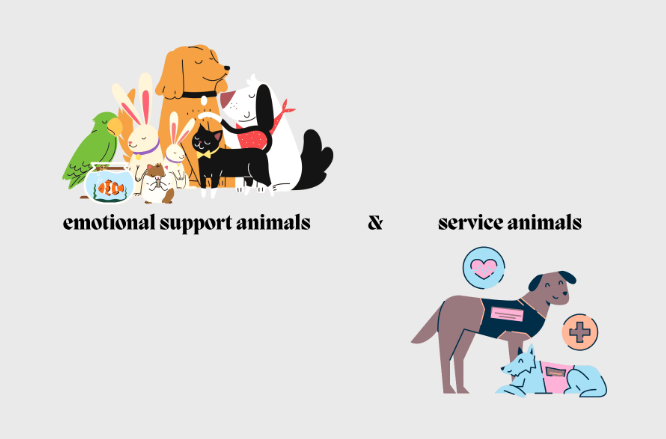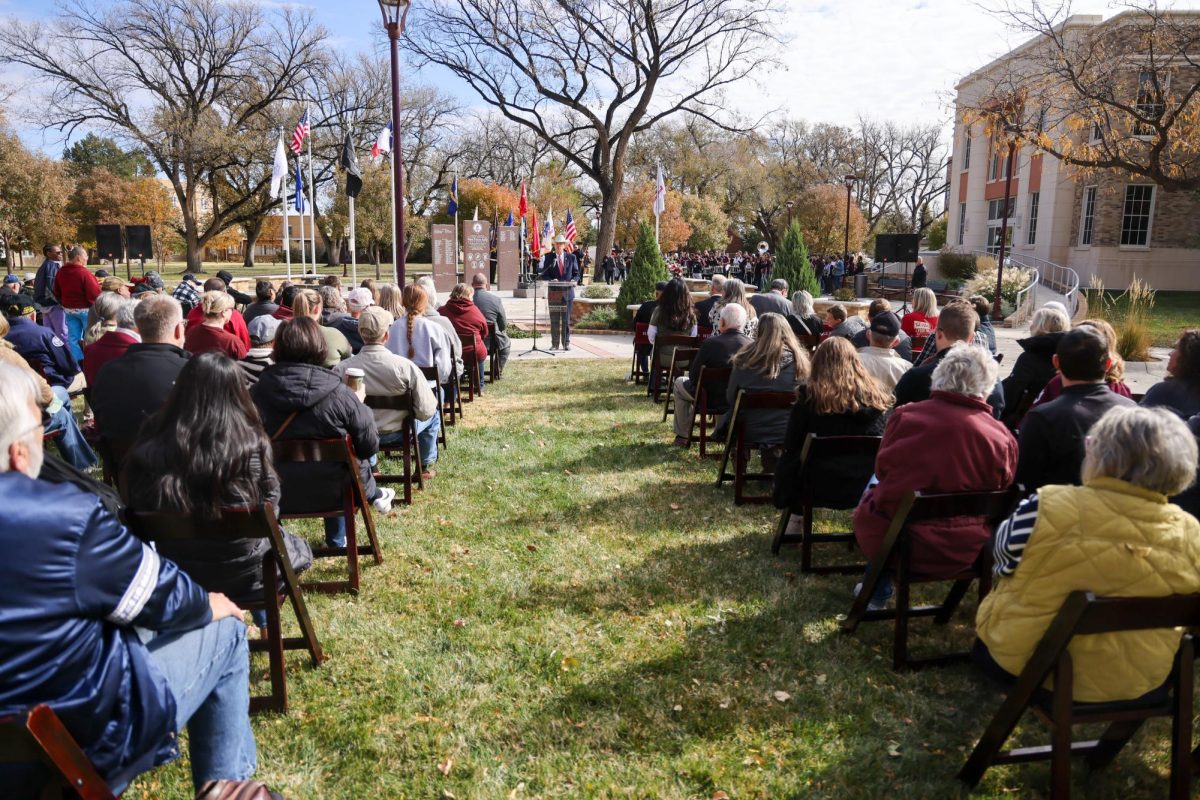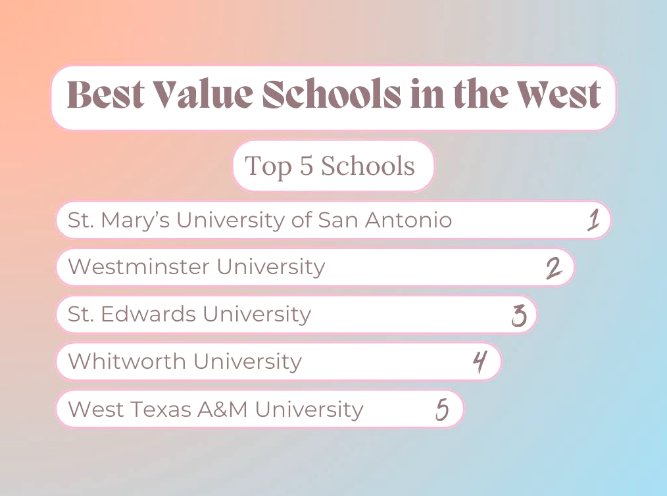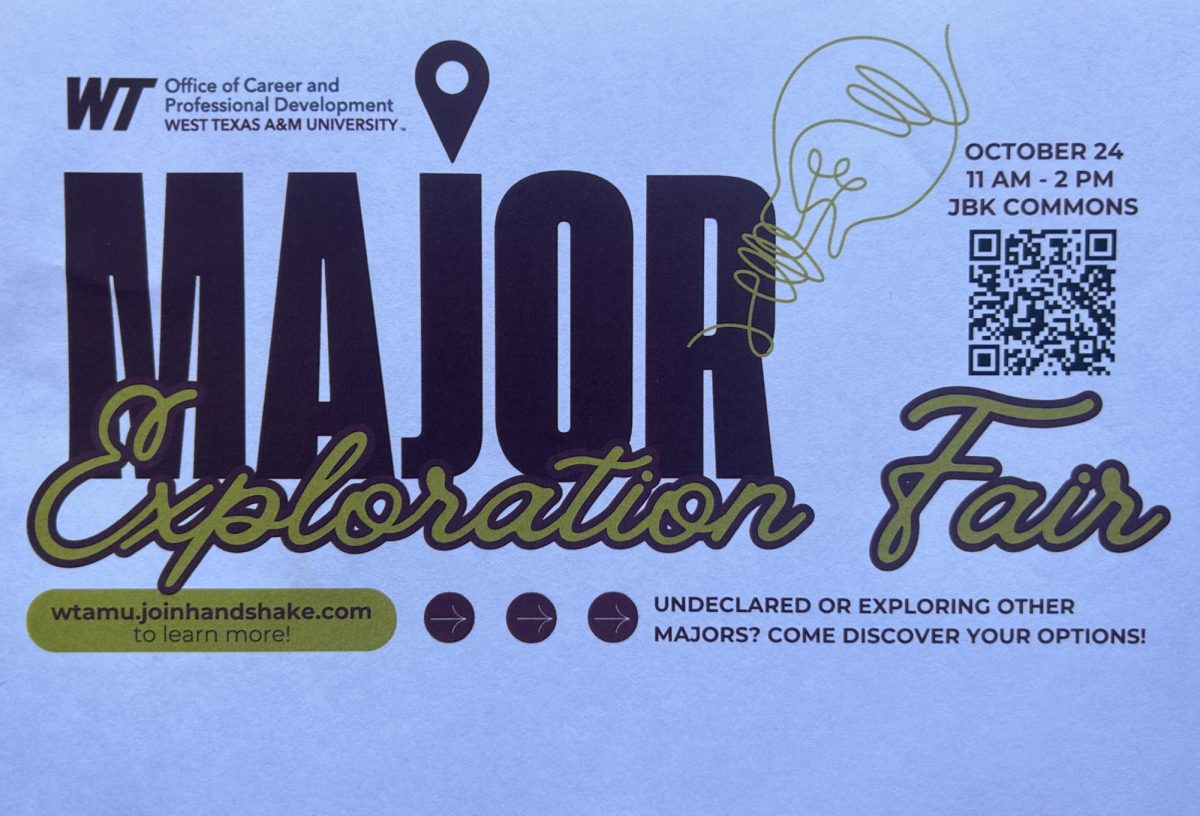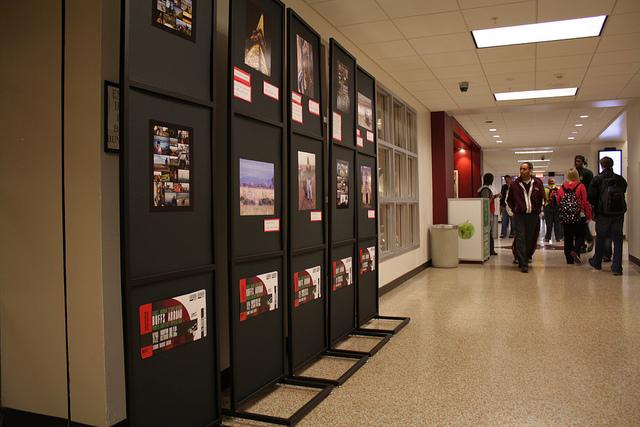
WTAMU’s Study Abroad program will be facing cuts if they do not get the requested budget for next year.
According to WT’s website, Study Abroad is a program completely funded by the Student Service Fee which is “a mandatory fee distributed by the Student Fee Committee for various campus services and organizations.” Desirae Norton, director of study abroad, explains that the program started in May 2006, and that the first three years they did not use their entire fund. “The first three years was just establishing,” she said. “It was more of the business part.”
Study Abroad received $46,100 for the 2009-2010 school year and requested $82,500 for this year. They received $40,000. Norton said that the reason for this need of a budget increase is that the program is not in the establishing phase any more, now they are planning new events for students.
“This budget does not affect this year because of left overs [from the last semester],” Norton said. But next year, “we have faculty led programs, [a campus] fair, things that cost more money.”
Even though the budget will not affect scholarships that students receive for studying abroad, she said that if they receive the same $40,000, Study Abroad would have to cut other planned nonessential events.
“The nonessentials like the photo contest, faculty travel, our travel to conferences,” Norton said.
The nonessentials are an important part of the Study Abroad program because it helps raise awareness of the options that students have.
History Associate Professor, Dr. Elizabeth Clark, and Professor, Dr. Bruce Brasington, are currently planning a faculty led trip to Germany. They said it was important to travel to the country before they take students this coming summer.
“When I get to the ground with students I want to know, and explaining the city will be in our shoulders,” Dr. Clark said. “Understanding culture is so important. It´s important that the faculty are prepared.”
Katie Gustainis, senior speech communications major, participated in the study Abroad Photo Contest Program. She said that this contest was helpful for the program.
“It exposes everyone else to study abroad,” Gustainis said. “Many don´t know they can go. “Putting [the pictures] out there tells students you can do it too.”
Another important part of the program is the travelling done by the Study Abroad staff in order to find lower tuition costs for students.
“[Study Abroad] looks for the lower cost for students,” Norton said. “For this we have to travel to where we can build relationships.”
Currently, Norton is planning a trip to Malaysia and Thailand to establish contacts for future programs.
“Students will pay tuition and fees [from WT] and only pay housing and meals [in the country],” she said. With the events planned, Study Abroad helps students to be able to experience other cultures.
“The experience will change everything for the better,” Gustainis said. “The world is globally interconnected. There are no borders anymore on commerce or information. Being culturally aware will help you.”
Similarly, Dr. Brasington said that the experience of studying abroad is important for students.
“I know form my own experience how travel changed my life,” he said. “It wasn´t just education of head, but of heart.”
Norton said that Dr. Patrick O´Brien wants 20 percent of the graduating class to study abroad, but that will be difficult without more funding.
“If we don´t have money we can´t extend the program to students,” she said. “If [there are] no opportunities, you are not going to grow.”





